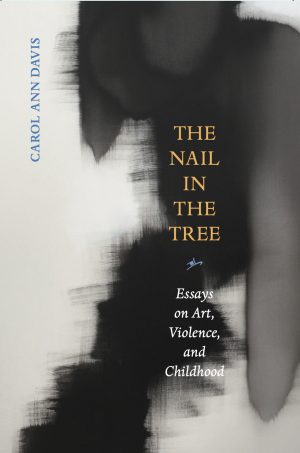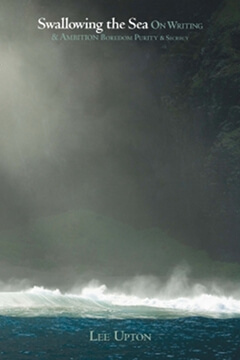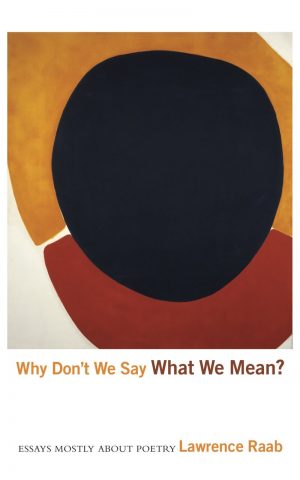Fasting for Ramadan
by Kazim Ali
$20.95
Kazim Ali’s searching descriptions of the Ramadan sensibility and its arduous but liberating annual rite of communal fasting is sure to be a revelation to many readers — intellectually illuminating and aesthetically exhilarating.
Format: Paperback / Cloth
Out of stock
“As a practicing Muslim, I found myself nodding as I read Fasting for Ramadan: Notes From a Spiritual Practice, particularly at Kazim Ali’s descriptions of the feeling one gets when going without food or drink. Like this: ‘One feels, at the end of a day of fasting, like a tree branch or a bone bleached in the sun.’ Reading these essays is about as close as you can get (short of doing it yourself) to experiencing the monthlong daylight fast that millions of Muslims worldwide keep each year. He paints a rare and intimate portrait of the faster’s mind-set.” —Allie Shah, Minneapolis Star Tribune
“The mix of quotidian detail and the extraordinarily rich vocabulary Ali has cultivated through the discipline of inwardness for raising subverbal impression to the level of speech locates the reader both in and outside of the fasts. We encounter observations on Islamic texts and practices alongside breakfast menus …, etymological musings …, accounts of yoga practice …, lines from Dickinson, Rumi, the Indigo Girls, and the Bhagavad Gita, ruminations on hunger, and scenes from The Matrix. All of these serve as spiritual resources, as does the love of his parents the poet is rediscovering, as does the mystery of the relationship between body and spirit…” — Lee Sharkey, The Beloit Poetry Journal
Praise Sheet for Fasting for Ramadan
Kazim Ali’s searching descriptions of the Ramadan sensibility and its arduous but liberating annual rite of communal fasting is sure to be a revelation to many readers — intellectually illuminating and aesthetically exhilarating.
Fasting for Ramadan is structured as a chronicle of daily meditations, during two cycles of the 30-day rite of daytime abstinence required by Ramadan for purgation and prayer. Estranged in certain ways from his family’s cultural traditions when he was younger, Ali has in recent years re-embraced the Ramadan ritual, and brings to this rediscovery an extraordinary delicacy of reflection, a powerfully inquiring mind, and the linguistic precision and ardor of a superb poet.
Advance Praise:
“Kazim Ali—a writer whose powers astonish in everything he puts pen to—has made in Fasting for Ramadan a book that is hybrid, peregrine, and deeply, quietly revelatory. Ali’s meditations on the month-long ritual fast unfold, across cultures and spiritual practices, the deep meaning of a chosen foregoing. These journal-born pages are both intimate and public, at once ecumenical, particular, daily, and eloquently learned; planted on the deep roots of tradition, they breathe this moment’s air. Is it possible for a work to be at once modest and an undeniable tour de force? This book proves: it is.” —Jane Hirshfield, poet and essayist, author of Given Sugar, Given Salt and Nine Gates
“Kazim Ali’s Fasting for Ramadan is an intimate journey through thirty days of fasting. Like a flower wilting in a dry pot, Ali’s body grows weary without food and water. But as the days go on some other form of sustenance takes over to revive and replenish him, propelling him forward so that he ends the month is a very different place than where he began. This book is more than just a simple account of spiritual hardship. It’s an incisive look at what it really means to be Muslim in today’s world, essential for anyone interested in understanding the multicultural fabric of America and of the Muslim community that exists here.” —Samina Ali, novelist, author of Madras on Rainy Days
“Fasting for Ramadan is a remarkable book: an intensely personal meditation — shot through with poetry, philosophy, revelation, and doubt — on one of the world’s great spiritual practices.” —Toby Lester, Atlantic contributing editor and author of The Fourth Part of the World
“[A]n important book…. Written ‘in that third voice, a voice between two people, neither one nor the other, neither embodied nor disembodied.’ I have wanted to know what fasting in Islam involves…to admire its intentions and effects in solitude…. I hope that multitudes will find their way to [this book].” —Fanny Howe, author of The Winter Sun: Notes on a Vocation and Radical Love
Additional information
| Dimensions | 5 × 8 in |
|---|
from Early Evening, Day Twelve
This morning as I walked around the house doing chores, I left the front door open, the screen door closed, like we did in the houses of my childhood. 317 River Road. 93 Wilcox. 28 Ranch Trail West.
Ironically I cannot remember our Jenpeg address. That is if we had one, in such a small town.
I do feel like I am suspended in time between places, not really knowing where I am or what I am supposed to be doing.
Tonight, in a few minutes really, I am supposed to be going to a welcome reception on campus. It is always strange, when fasting, to stand in a room full of people who are sipping sodas or nibbling on a snack.
As strange as cooking for a group, cooking food you yourself haven’t actually tasted.
But you cook for them, you are with them, because so separated from the world, all you want to do is love.
Today I was sitting in a large meeting of the general faculty. New faculty members were being introduced. When their names were called, they would rise so we could see them and greet them.
Oddly, every time someone’s name was called I found myself wanting to wave my hand and say “I’m over here!”

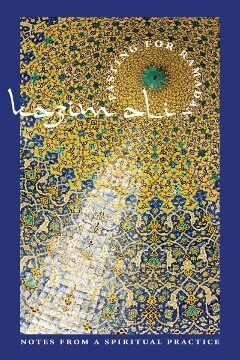
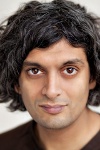 Kazim Ali is author of two volumes of poetry, The Far Mosque (Alice James, 2005) and The Fortieth Day (BOA, 2008), three books of prose; the novels Quinn’s Passage (BlazeVox,2004) and The Disappearance of Seth (Etruscan, 2009) and a collection of critical writing, Orange Alert: Essays on Poetry, Art and the Architecture of Silence (University of Michigan, 2010) — as well as a mixed-genre book, Bright Felon: Autobiography and Cities (Wesleyan University Press, 2009), which was a finalist for both the Ohioana Book Award for Poetry and the Lantern Award for Memoir.
Kazim Ali is author of two volumes of poetry, The Far Mosque (Alice James, 2005) and The Fortieth Day (BOA, 2008), three books of prose; the novels Quinn’s Passage (BlazeVox,2004) and The Disappearance of Seth (Etruscan, 2009) and a collection of critical writing, Orange Alert: Essays on Poetry, Art and the Architecture of Silence (University of Michigan, 2010) — as well as a mixed-genre book, Bright Felon: Autobiography and Cities (Wesleyan University Press, 2009), which was a finalist for both the Ohioana Book Award for Poetry and the Lantern Award for Memoir.
